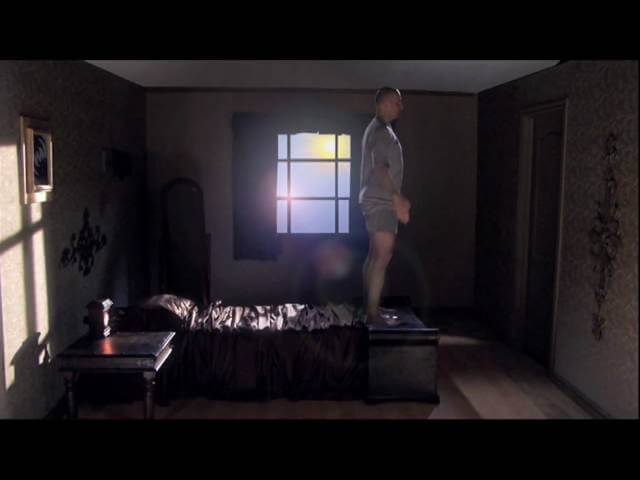How to fund your film the Johnathan McFarlane way

This ain’t Entourage: The movie-making business is a costly one, and indie filmmakers (usually) aren’t opportune enough to get funding through snappy banter and the elite pockets of Hollywood. It takes a lot of labor and personal sacrifice to turn a 90-page script into an hour and a half of celluloid, and local filmmakers Johnathan McFarlane and Tim DeMasters can attest to this. The two worked together on the self-financed doc Project Canada, and with it came all the stresses of independent filmmaking, including the pressures of running through the festival circuit. Which eventually led, ambitiously enough, to their next project: hosting their own indie film festival. “Going to some of these festivals—some of them were nice, some of them were really good—but a lot of them were absolutely horrible,” McFarlane says. “Everything about them was really bad. Like a projector set up in an empty room with some folding chairs, that kind of thing.” And so in 2007, McFarlane and DeMasters launched Festivus Film Festival (“the film fest for the rest of us,” according to the mission statement). Festivus, currently in its third year, starts tonight at the Bug Theatre and continues through the weekend with screenings at both the Bug and the Oriental Theater. To get into the indie swing of things, The A.V. Club asked McFarlane his financial advice for those up-and-comers trying to fund their own low-budget films. His counsel? Sell, sell, sell.
Sell your pog collection
Johnathan McFarlane: Sell everything you can. It sounds cheesy, but it’s true. The cost of making films has come down enormously, but it still takes a lot. Even to do a short, to do a good one, could take 10 to 20 grand or more. My film cost $65,000. I sold my turntables; I gave up all my other hobbies and things like that. I sold my van. I sold a bunch of furniture. I was just selling off whatever I could.
Don’t quit your day job
JM: I was delivering pizza while I was editing this film. You can’t depend on indie films for money. You must have a job of some sort. The idea of, well, I’ll just eat into my savings while I work on it, and then when I finish, I’ll sell it and make all my money back—it’s just not reality. Not usually anyway.
Charge it
JM: Credit cards. I hate to say it, but that’s the real deal. You can get 10 or 12 of them pretty fast, and I definitely did.
Ask for help, and be serious about it
JM: I’m always coming up with crazy ideas and whatnot, and sometimes I follow through and sometimes I don’t. So when I first started talking about doing that documentary, I think most of my family and friends were like, “Oh, yeah, that’s just another one of his ideas.” But then when I showed them that I was serious—I set up a website, I wrote a business plan and a treatment for the film—they were like, “Oh, okay, he’s really going to do this. So, how do we help?”
Organ donation
JM: You can trade a good kidney for a good director of photography.
Don’t count on investors
JM: It’s possible, but it is not easy to do. If you’re working on your first movie, you have nothing to show for it. It’s almost impossible [to get investors] unless you have some other experience in the movie business or connections of some sort. But if you’ve got a bit of a track record—you’ve done a few indie films and they’ve maybe made a bit of money in DVD sales—then you can. It’s just like finding investors for anything. You have to be able to show them that you can give them something back for their money.
AVC: Have you gone this way yet?
JM: I’ve tried and failed. I’ve never actually gotten any outside investors for anything I’ve done. I don’t want to say it’s a waste of time, because it’s not. You never know what could happen, but for the most part, it’s pretty rare to get somebody to just decide to sink a bunch of money into an indie film.
